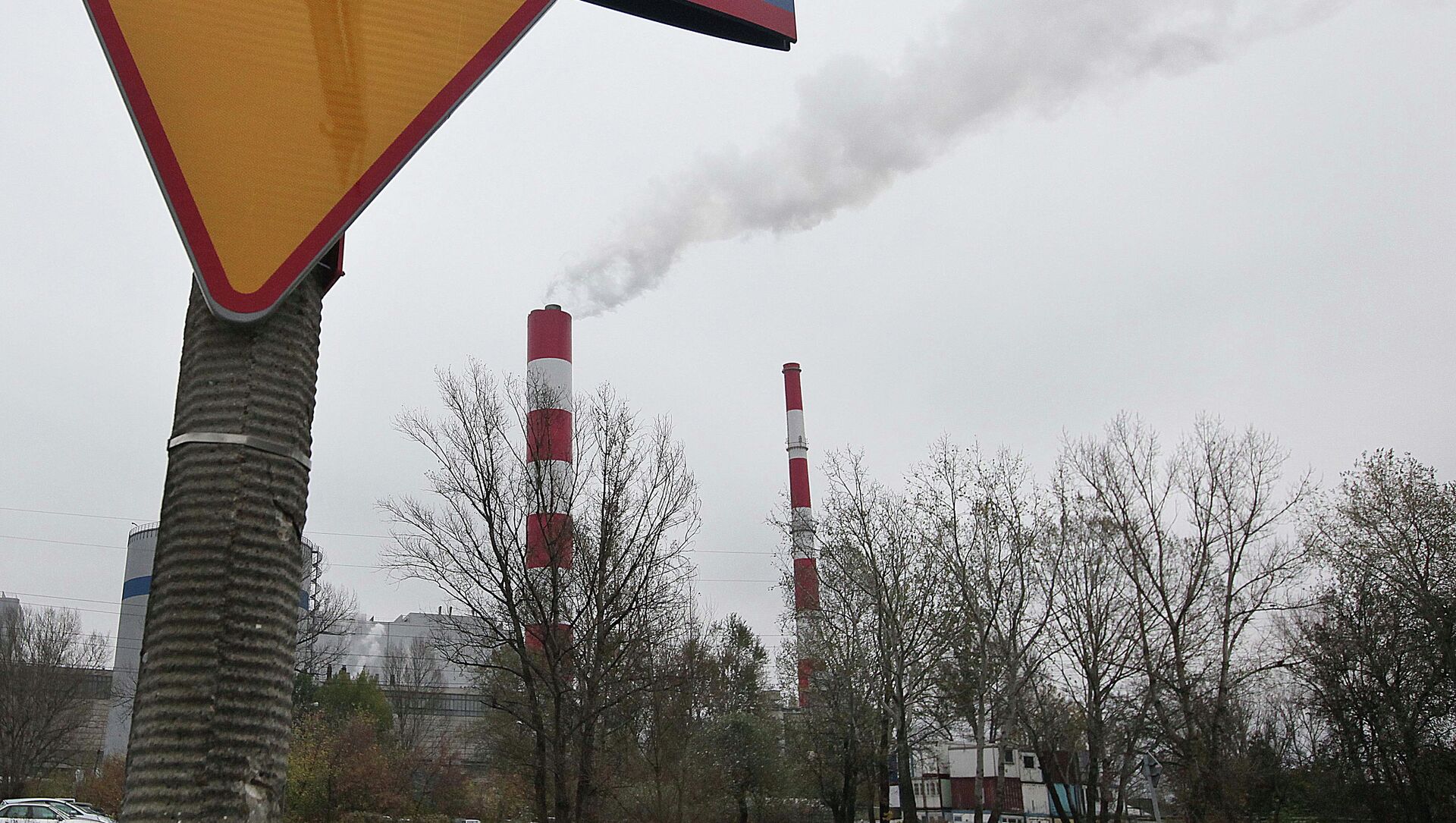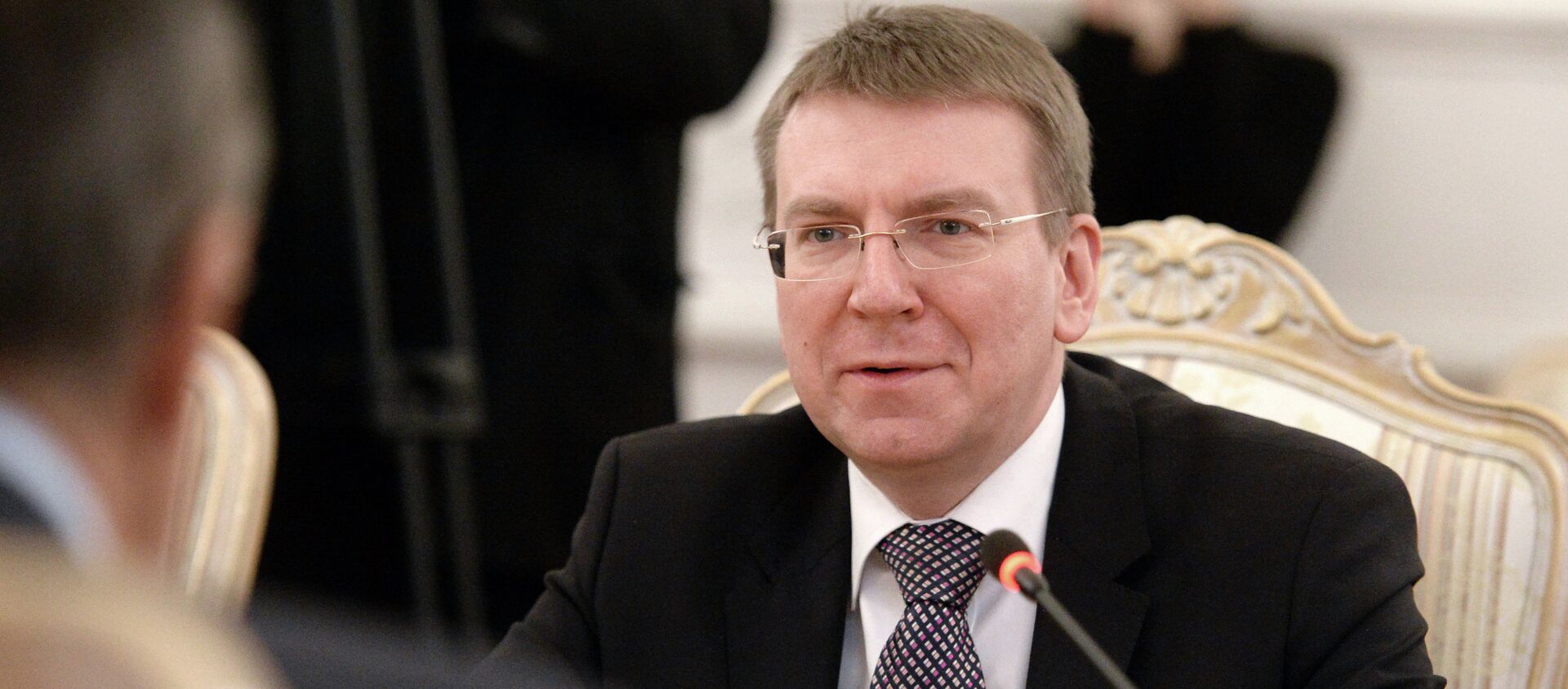Ex-Polish Foreign Minister Says Russia Poses More Significant Threat Than ‘Mythical’ Climate Crisis
14:33 GMT 05.09.2021 (Updated: 15:03 GMT 05.09.2021)

© AP Photo / Czarek Sokolowski
Subscribe
The former senior Polish politician, who now serves as a member of the European Parliament, says Europe must preserve its strong ties to the United States, because Russia will undoubtedly “try to test the durability of ties between western nations".
Russia poses a “deadly” threat to Europe’s security, but the continent’s politicians and officials are too busy focusing on side issues, Witold Waszczykowski, a Polish politician who served as the country’s foreign minister between 2015 and 2018, has complained.
“The left-liberal majority [in Europe’s decision-making institutions] does not think about security issues. It thinks about climate, it thinks about new sources of energy, about some kind of green revolution. In the framework of such discussions, I always remind our colleagues that our part of Europe is threatened more by Russian Iskander missiles than it is by some mythical smog, which supposedly has become the main threat for us,” Waszczykowski said, speaking to wPolityce, a Polish political news site.
The politician believes that the European Union has been overrun with Russian agents, and that these agents are “trying to knock the Russian issue off the agenda,” to push the EU into “discussing Russia as seldom as possible and to make as few decisions regarding Russia as possible.”
Waszczykowski went on to accuse Moscow and its Belarusian allies of engaging in hybrid warfare operations against the EU, including through supposed efforts to transfer migrants from the Middle East to the bloc’s borders to cause a security crisis.
The politician also pointed to the forthcoming joint Russian-Belarusian Zapad-2021 military exercises, suggesting some “incidents and provocations” may take place in the western Belarusian region of Grodno, home to a minority of ethnic Polish Belarusians, where drills will take place.
“The exercises are very large in scale – involving more than 200,000 troops, including a large group of Russian military personnel. The scenarios in the drills include one of repelling an attack by Poland and suppressing Polish insurgencies in the Grodno region. The Russians have already practised such scenarios on more than one occasion, and the response to this ‘Polish threat’ involves a nuclear strike on Warsaw. These are not defensive exercises, they are aggressive in nature,” Waszczykowski suggested.
The former Polish leading politician did not elaborate on the alleged plans to drill on the ‘suppression of insurgencies’, or Russia’s supposed contingency to nuke Warsaw. Russia’s military doctrine places severe restrictions on the use of nuclear weapons, and reserves the right to use such arms only in the event that conventional or nuclear aggression is so severe that it puts the integrity of the Russian state itself in danger.
Zapad-2021 will be held between 10 and 16 September, mostly on Belarusian territory. Along with Russia and Belarus, this year’s drills will include forces from Russia’s allies Armenia, Kazakhstan, Kyrgyzstan, and Tajikistan, as well as India, Mongolia, Serbia, and Sri Lanka. Military observers from Vietnam, China, Myanmar, Pakistan and Uzbekistan are also expected to attend. On Friday, NATO spokesperson Oana Lungescu told Sputnik that the alliance had not received an invitation to send observers to the Zapad-2021 drills, but stressed that the bloc would be following the exercises closely.


